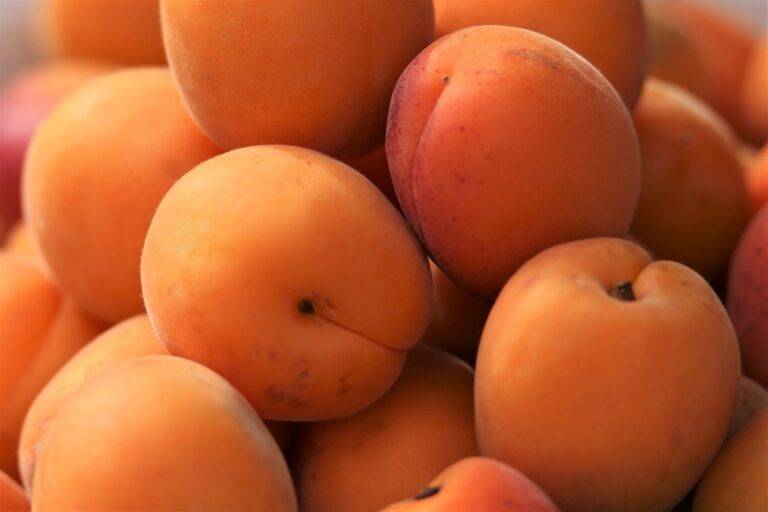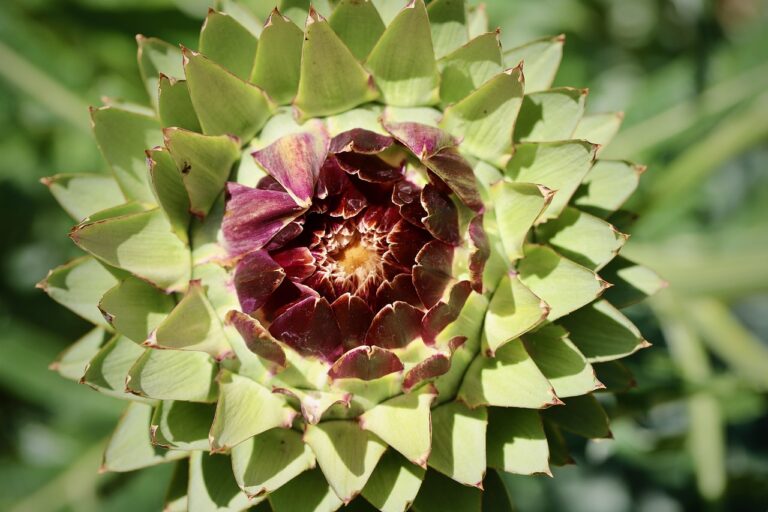The Importance of Soil Health in Olive Oil Production: 11xplay sign up, Laser247 com, World777 register
11xplay sign up, laser247 com, world777 register: Olive oil production is a thriving industry worldwide, with countries like Spain, Italy, and Greece leading the charge in production and exportation. However, while factors like climate and processing techniques play crucial roles in determining the quality of olive oil, one of the most overlooked aspects in this industry is soil health.
Soil health directly impacts the productivity and quality of olive trees, which in turn affects the quantity and quality of olive oil produced. In this article, we’ll delve into the importance of soil health in olive oil production and why farmers and producers should prioritize soil management practices to ensure sustainable production.
1. The Foundation of Olive Oil Production
Soil serves as the foundation for olive tree growth and development. Just like any other plant, olive trees rely on soil for nutrients, water, and physical support. A healthy soil ecosystem provides the necessary conditions for olive trees to thrive and bear high-quality fruit. Without fertile and well-balanced soil, olive trees may struggle to grow, leading to reduced yields and lower oil quality.
2. Nutrient Availability
Healthy soil is rich in essential nutrients like nitrogen, phosphorus, and potassium, which are critical for olive tree growth and fruit production. When soil lacks these nutrients, olive trees may exhibit stunted growth, nutrient deficiencies, and reduced oil content in olives. By maintaining soil health through proper fertilization and nutrient management, farmers can ensure that olive trees receive the nutrients they need to flourish.
3. Water Retention
Soil health also plays a crucial role in water retention, especially in regions with limited water availability. Well-structured soil with good organic matter content can retain moisture more effectively, reducing the need for frequent irrigation. Adequate water retention helps olive trees withstand periods of drought and ensures consistent growth and fruit development.
4. Soil Structure
The physical structure of the soil is another aspect that impacts olive tree growth and oil production. Compacted or poorly aerated soil can restrict root development, leading to reduced nutrient uptake and water absorption. Healthy soil with a balanced structure allows roots to penetrate easily, access nutrients efficiently, and support vigorous tree growth.
5. Soil pH Balance
The acidity or alkalinity of the soil, known as pH, plays a crucial role in nutrient availability and uptake by olive trees. Soil pH influences the solubility of essential nutrients in the soil, affecting their availability to plants. By maintaining the optimal pH range for olive trees (around 6 to 7), farmers can ensure that trees receive the necessary nutrients for healthy growth and fruit production.
6. Sustainability and Longevity
Sustainable olive oil production relies on healthy soil ecosystems that can support long-term cultivation without depleting natural resources. By implementing soil conservation practices like cover cropping, crop rotation, and organic amendments, farmers can improve soil health, promote biodiversity, and enhance the resilience of olive orchards to environmental stressors.
FAQs
Q: How can farmers improve soil health in olive orchards?
A: Farmers can improve soil health by practicing sustainable agriculture techniques such as cover cropping, mulching, composting, and minimizing tillage. These practices help build soil organic matter, enhance soil structure, and promote beneficial soil microorganisms.
Q: Why is soil pH important for olive tree cultivation?
A: Soil pH affects nutrient availability and uptake by olive trees. Maintaining the optimal pH range ensures that trees can access essential nutrients for healthy growth and fruit production.
Q: How does soil health impact the quality of olive oil?
A: Soil health directly influences the productivity and quality of olive trees, which in turn affects the quantity and quality of olive oil produced. Healthy soil provides the necessary nutrients and water for olive trees to thrive, resulting in higher oil yields and better oil quality.
In conclusion, soil health plays a vital role in olive oil production, influencing the growth, productivity, and quality of olive trees. By prioritizing soil management practices and sustainable agriculture techniques, farmers can ensure the long-term sustainability and success of their olive orchards. Investing in soil health is not only beneficial for olive oil production but also for the environment and future generations.







